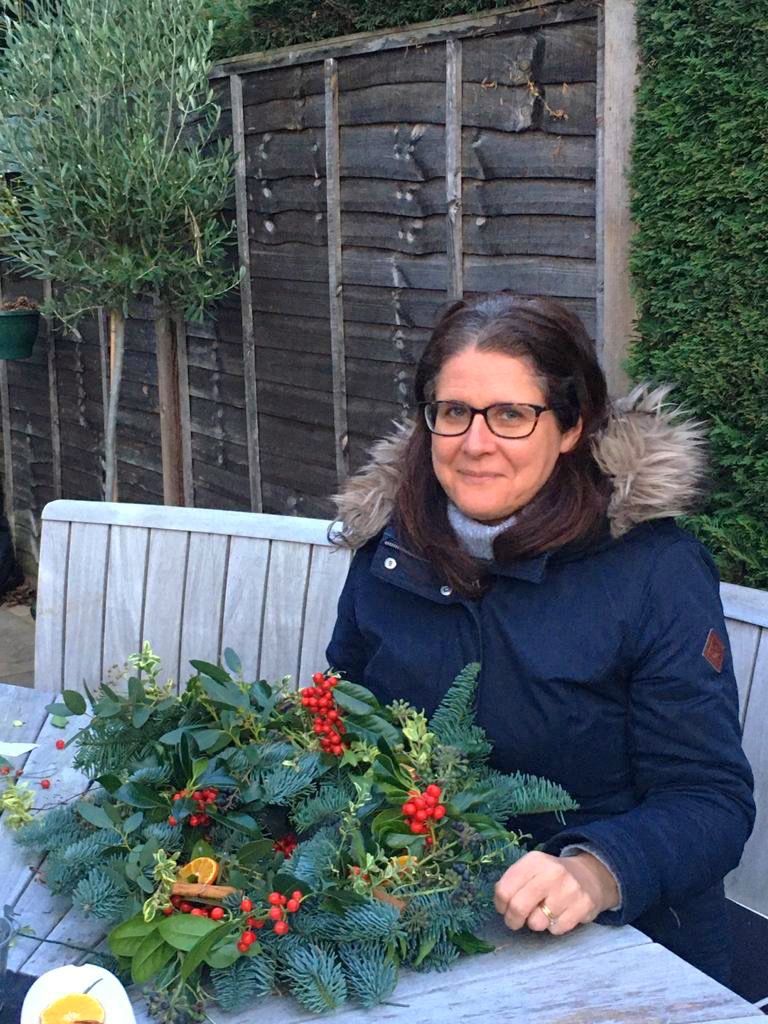It’s that time of year again – the days are getting colder and the festivities are beginning. Last year, we asked ESG Clarity readers how they were going to spend a sustainable Christmas and heard about recycled wrapping, staying local, Zoom carols and much more.
We also asked for our readers’ sustainable resolutions and predictions in the ESG space for the year to come. Now the year is drawing to a close we wanted to see whether they stuck to their resolutions and how their predictions played out over the course of the past 12 months.
Here we speak to Square Mile Research head of consulting Diane Earnshaw.
“My New Year’s resolution was to try to eat less meat,” she said.
“I’m pleased to report I am now well stocked with recipe books and have done well on this, with many more meat-free days. I’ve also switched to my new local butcher where their produce is locally sourced. It’s also next to the greengrocer where we can buy fruit and veg without unnecessary packaging. More generally, I’ve tried to make more small steps to being more sustainable.”
Last year Earnshaw predicted ESG would become increasingly embedded within investments, with some clients already asking Square Mile to factor ESG considerations into its selection criteria for manager and fund selection.
Reflecting on this, Earnshaw said: “It’s undoubtedly our experience that ESG assessments have been rapidly integrated into most asset manager’s investment processes over the past 12 months.
“We see this explicitly in Square Mile’s coverage of asset management groups through our ESG company scores. Many groups have seen uplifts as we see more evidence of ESG integration in their investment decision making. We also see this at the individual fund manager level with our fund ESG scores also moving to the upside. While there are few outliers, they are much less in number than 12 months ago.”
But she added ESG integration is only one part of the picture. We’ve also seen growing demand from clients who want funds that can meet their financial and responsible investment objectives.”
Looking ahead, SFDR is already having a significant impact on European-domiciled funds and on product development and the number of funds reporting as article 8 and 9. “With the FCA’s recent publication of its discussion paper DP21/4 Sustainability Disclosure Requirements and investment labels, the direction of travel in the UK seems clear next year,” Earnshaw said.
“Regulation will be a push factor in demand for responsible investment funds, forcing change and there is an expectation from the regulator that advisers will make the identification of a client’s sustainability preferences a more pronounced feature in the suitability process. We also think responsible investing funds (as defined by the IA) will account for over 50% of net flows in 2022.”
See also: – Reflecting on ESG in 2021 with Caroline Langley: Greenwashing and green clothing
See also: – Reflecting on ESG in 2021 with Bethan Rose: Plastic bags and remuneration policies
See also: – Reflecting on ESG in 2021 with Hannah Simons: Record flows and open water swimming
See also: – Reflecting on ESG in 2021 with Eilidh Duncan: Regulation and meat-free meals
See also: – Reflecting on ESG in 2021 with James Clark: Renewables and repurposed funds








